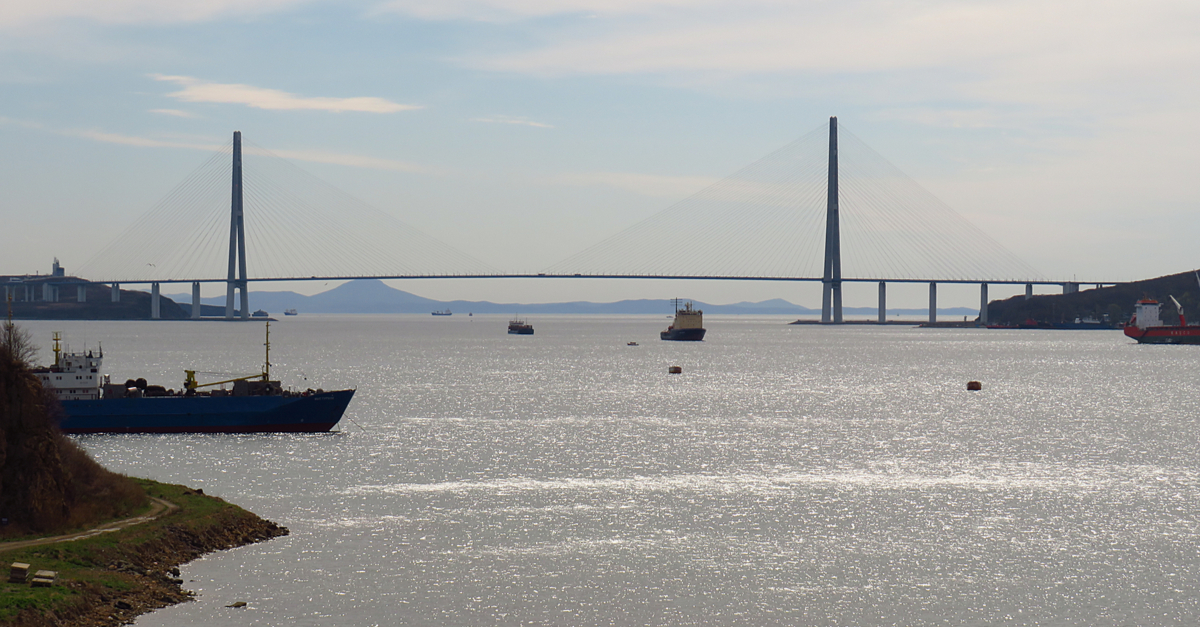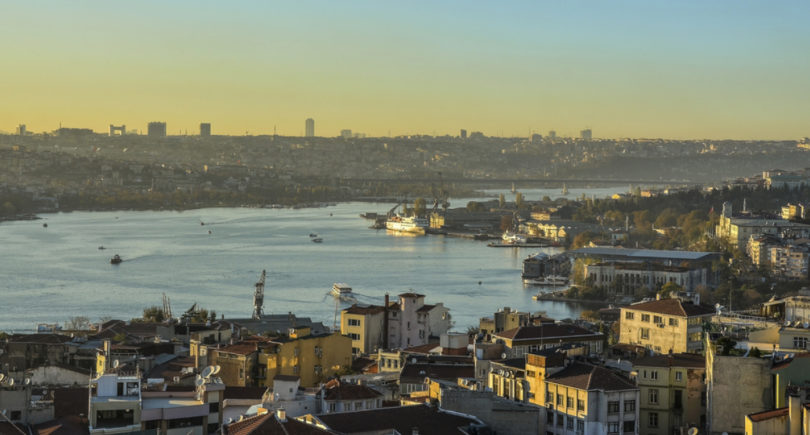
News Infrastructure судноплавство 6639 14 June 2024
From July 1, 2024, the fee will increase by 14.7%
Starting July 1, 2024, Turkey will increase the fee for the passage of ships through the Bosphorus and Dardanelles by 14.7% compared to the previous rate – up to $5.07 per ton of cargo. This was announced by Turkish Minister of Transport and Infrastructure Abdulkadir Uraloglu, according to the ministry’s statement.
The last time the fee was updated was in July 2023 – by 8.3% compared to the previous rate – to $4.42 per ton of cargo. Prior to that, the rates were adjusted in October 2022. Then the fee for passage through the Turkish Straits increased 5 times – from $0.8 to $4, for the first time since 1983.
“As of July 1, 2024, as a result of the work carried out with the relevant institutions under the coordination of our General of Maritime Affairs, we are updating the Bosphorus Strait passage fees by the decision of our President,” Uraloglu said.
The updated tariffs will increase the Turkish budget revenues by 6.3 times compared to the initial rate of $0.8, which was in effect until 2022.
«If we consider a vessel with 10 thousand tons of net tonnage, then until 2022 it paid $3.24 thousand of the fee for passage through the Turkish Straits. After July 1, 2024, this fee will amount to $20.37 thousand. This will increase the foreign exchange earnings of our state budget. This will help improve the maritime infrastructure and traffic monitoring system, which will increase safety at sea and in the straits,” Abdulkadir Uraloglu summarized.
Vessels passing through the Turkish Straits non-stop pay a fee for three items: sanitary inspection services, lighthouse services, and rescue services. The calculation of the fee is based on the net tonnage of ships, and the unit is indexed to the price of an ounce of gold.
As GMK Center reported earlier, in April 2022, the Turkish authorities approved the Istanbul Canal construction project, which should help to relieve some of the pressure on the Bosphorus Strait. Local officials have noted that the operation of the Bosphorus is becoming increasingly risky due to the growth of cargo transportation. Over the past five years, an average of 42,000 ships a year have passed through the strait. This is about three times more than through the Suez Canal and four times more than through the Panama Canal.




